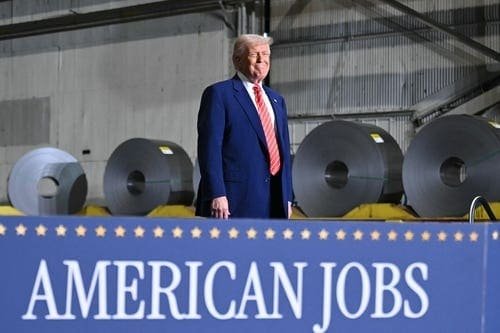The U.S. Supreme Court has declined to hear a case challenging a copper mining project on land considered sacred by the San Carlos Apache Tribe in Arizona. The decision, issued on May 27, 2025, allows the land transfer to Resolution Copper, a mining company backed by Rio Tinto and BHP, despite concerns over religious freedom and environmental impact.
The Dispute Over Oak Flat
The land in question, known as Oak Flat, is a site of deep spiritual significance for the Apache people. It has been used for ceremonies, prayers, and cultural traditions for generations. Apache Stronghold, an advocacy group representing tribal members, argued that the mining project would destroy the sacred site, violating their religious rights under the Religious Freedom Restoration Act (RFRA).
Supreme Court’s Decision
Despite appeals from Native American groups and religious organizations, the Supreme Court refused to intervene, leaving in place lower court rulings that permit the land transfer. Justices Neil Gorsuch and Clarence Thomas dissented, stating that the decision was a “grievous mistake” that would lead to the destruction of a vital religious site.
Justice Samuel Alito did not participate in the case, likely due to his financial ties to BHP, one of the companies involved in the mining project.
The Mining Project and Its Impact
Resolution Copper plans to extract 40 billion pounds of copper from the site, making it one of the largest copper mines in the world. The company argues that the project will boost Arizona’s economy, creating thousands of jobs and generating $1 billion annually.
However, environmentalists and tribal leaders warn that the mining process will cause irreversible damage, including the creation of a massive crater, destruction of ancient oak groves, and contamination of water sources.
Political and Legal Ramifications
The case has sparked national debate over the balance between economic development and Indigenous rights. The Biden administration had previously delayed the land transfer to allow further consultation with tribal leaders, but the legal battle continued
Apache Stronghold had hoped the Supreme Court would set a precedent for protecting Indigenous sacred sites, but the refusal to hear the case leaves tribal communities vulnerable to similar land disputes in the future.
With the Supreme Court’s decision, Resolution Copper is now free to proceed with its mining operations, despite strong opposition from Native American groups. The ruling raises critical questions about the government’s role in protecting religious freedom, especially for Indigenous communities facing corporate expansion on their ancestral lands.
Discover more from The World Mix
Subscribe to get the latest posts sent to your email.




